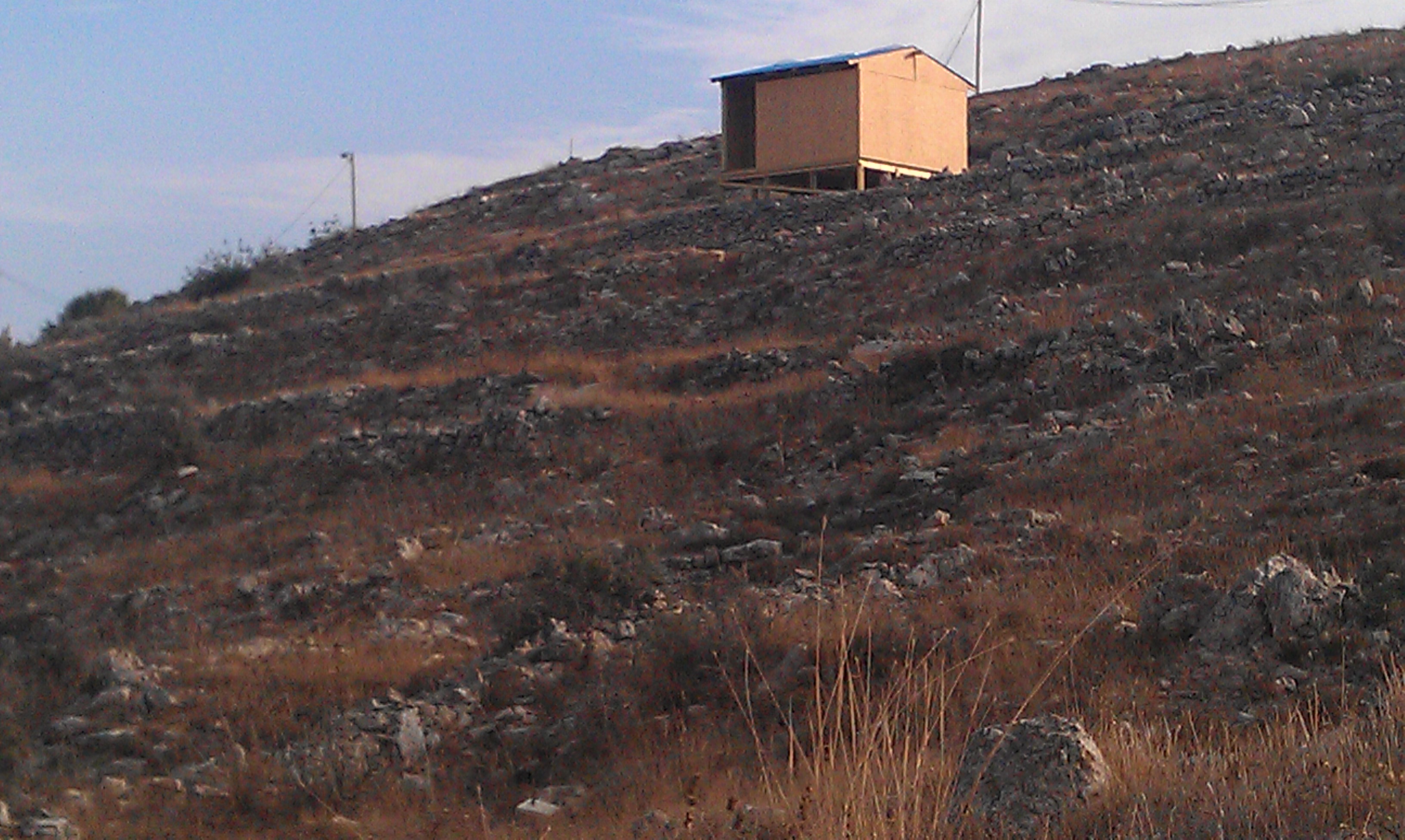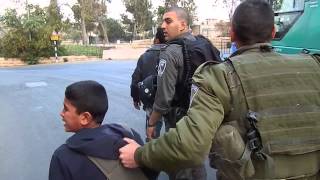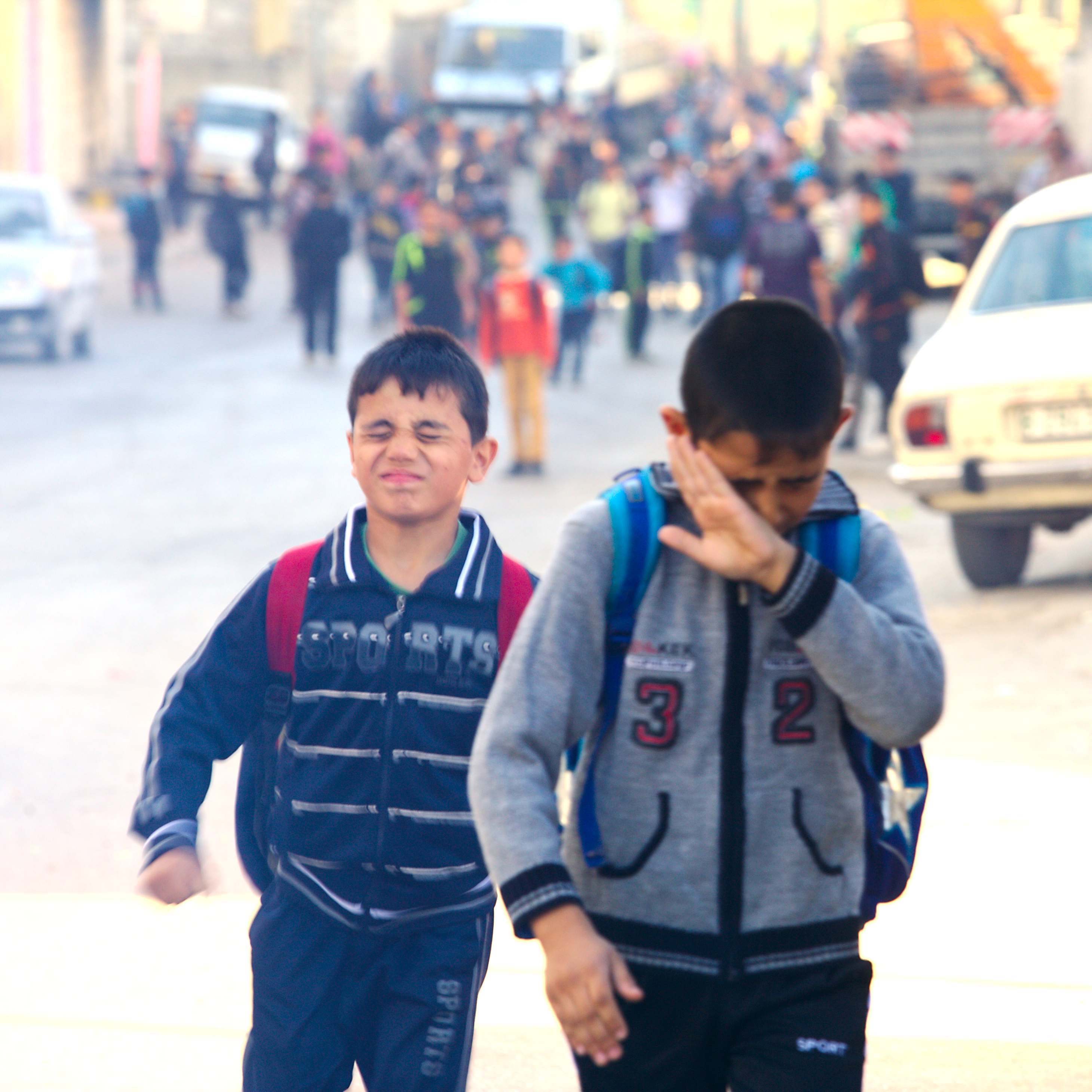Tag: Hebron
-
Settlement expansion in Hebron encroaches on Palestinian land
10th November 2013 | International Solidarity Movement, Khalil Team | Hebron, Occupied Palestine The attempted expansion of Kiryat Arba, the largest settlement in Khalil (Hebron), threatens to further reassign land boundaries. This would affect the livelihoods of several Palestinian families who have long been subject to harassment and violence. On Tuesday 5th November, international activists were…
-
VIDEO: Mornings in Khalil: child and adult detention
30th October 2013 | International Solidarity Movement, Khalil Team | Hebron, Occupied Palestine This morning, Wednesday 30th October, as children made their way to school Israeli soldiers burst from an alleyway firing stun grenades and detained two 10-year-old boys. In a separate incident nearby, a Palestinian was detained and taken to a military base for…
-
Tear gas in Hebron school leads to cancellation of classes
27th October 2013 | International Solidarity Movement, Khalil Team | Hebron, Occupied Palestine In the Israeli controlled H2 area in the center of Khalil (Hebron) children are used to tear gas canisters being fired after them before going to school. Usually the teaching is delayed for at least half an hour, as many children are…



